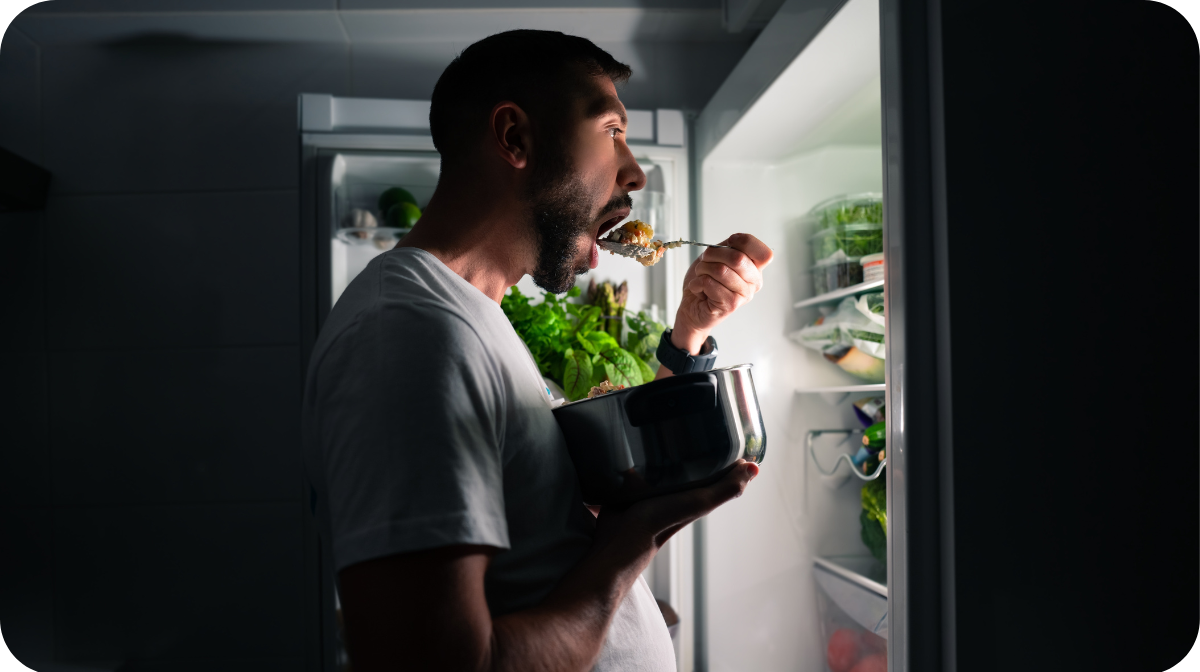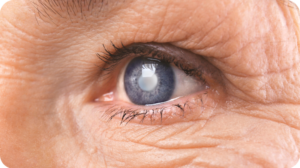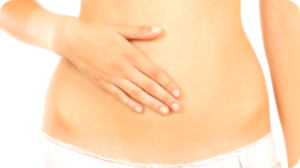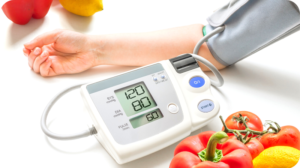It’s two hours after dinner and you’re feeling hungry. You’re not alone. Nighttime snacking is common, and even more so for people who are stressed, or in the habit of eating after dark. Unfortunately, that 8 pm bowl of ice cream, handful of chips, or leftover sandwich half is likely making it difficult to maintain a healthy body weight.

That may seem like common sense, but it is also backed up by new research revealing the potentially devastating effects of eating late in the day. A study recently published in the journal Cell Metabolism found that even modest after-dinner eating can increase overall hunger levels (by lowering the levels of leptin, a hormone associated with diminished hunger), decrease the number of calories your body burns, and spur molecular changes that cause the body to store more calories as fat.
The researchers concluded that the results explain the established correlation between eating later in the day and obesity. In short, the changes this type of eating creates in the body, makes it easier to gain weight—especially in the form of fat—and harder to lose it.
Weight gain is not the only detrimental effect of late eating. Whether it’s dinner or a large snack, food you consume closer to bedtime is food your body has to digest. Going through that process is basically the opposite of what your body needs to do to wind down and prepare for sleep. This can lead to bouts of insomnia and can exacerbate acid reflux and GERD.
The problem is, even though your brain may understand all those facts, your body may still want that hit of nighttime calories. Turn to some simple strategies for flipping the script on cravings.
Coping with Evening Hunger
Avoiding eating after dark is a matter of reconfiguring impulses from the mind and body. We can experience late cravings, and we may also snack out of habit. You can rewire both physical and mental urges with some easy techniques.
- Herbal tea. A large mug of herbal tea an hour or so before bed will create a feeling of fullness and may help relax your body and prepare it for sleep. Make sure the tea contains no caffeine; chamomile and lavender are the great choices.
- Refocus. Meditation, mindfulness, and even reading can distract the mind from thoughts of heading to the kitchen for one more bite before bed. Changing your routine is especially effective if nighttime snacking has become a habit and part of your pre-bed ritual.
- Activity. Whether it’s a long walk, a leisurely bike ride, or even a few minutes of slow yoga, gentle exercise at least an hour before bed can help diminish any hunger you might be feeling.
If all else fails and you absolutely have to have your after-dinner snack, you can at least make it healthy. Eat a small handful of organic mixed nuts, chewing them completely before swallowing. The experience should satisfy your craving without adding unreasonably to your daily calorie count. However, you’ll sleep better, lose weight, and feel more energetic if you eat dinner early and avoid any evening snacks.
Share some love if you like this post!







